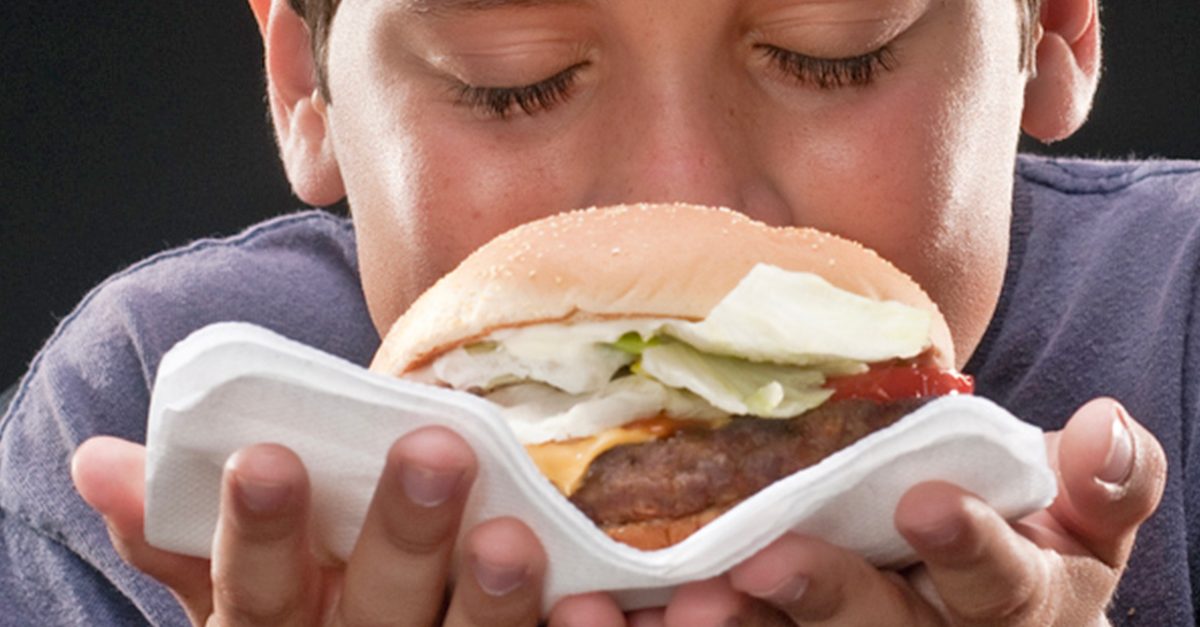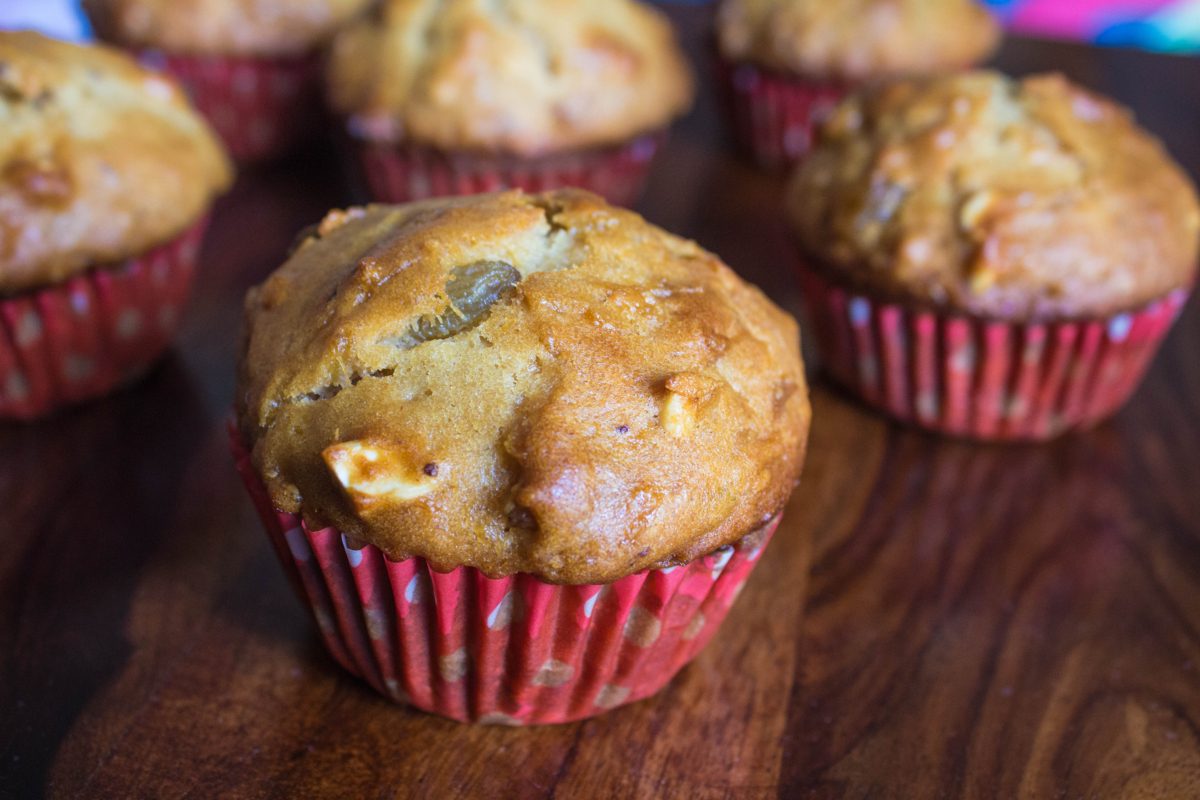The Smelling Trick That Might Put You Off Satisfying All Your Cravings, According to A Study
Smelling food for more than two minutes can help curb cravings by tricking the brain into feeling satisfied, according to a study led by Dr. Dipayan Biswas. This effect works best with high-calorie, indulgent foods, reducing the desire to eat them, and brands like Fervor Candle Co. have embraced this by creating food-scented candles to help manage cravings through aroma.
;)
Imagine this: you're sitting at your desk, trying to resist the temptation of a snack, when suddenly the aroma of freshly baked cookies wafts through the air. Your craving kicks in, and before you know it, you’re halfway through a cookie—or two. Food cravings are notorious for testing our willpower, and in the world of diet and nutrition, they’re often treated as the ultimate enemy. But what if I told you the very thing tempting you—its smell—could actually help you resist it? Studies show that simply smelling food for a couple of minutes might be enough to curb your appetite. Yes, you read that right: sniffing food could be the secret weapon to beating those pesky cravings.
Why Aroma Affects Appetite
It turns out that our sense of smell plays a bigger role in our food cravings than we might think. In fact, the scent of food is so influential that it can make or break our desire to eat. According to research cited by CBS News, smelling food for more than two minutes can actually reduce cravings. The study, conducted by the University of South Florida, revealed that after about two minutes of exposure to a food’s aroma, participants were less likely to give in to their craving.
But why does this happen? Neuroscientist Dr. Dipayan Biswas, who led the study, explains that short bursts of exposure to food scents activate our brain’s reward system, tricking it into thinking we’ve already consumed the food. Essentially, the smell becomes a stand-in for the actual experience of eating. So, instead of diving into a plate of fries, your brain feels satisfied by just inhaling the aroma. That’s the dream, right? A guilt-free indulgence that lives only in the scent.

Does It Work for All Foods? Not Quite
Before you start running around sniffing every pastry in sight, it’s important to note that this technique doesn’t work equally for all foods. The research shows that it works best with indulgent, high-calorie foods like cookies, burgers, or French fries. Fervor Candle Co. even suggests that fragrances mimicking these types of treats can stimulate cravings in the short term, but longer exposure reduces the desire to indulge.
So why fatty foods, specifically? Fatty and sweet treats activate a specific craving mechanism in the brain tied to pleasure and satisfaction. However, after that two-minute mark, your brain recalibrates, realizing it’s already “experienced” the treat through smell alone. On the other hand, low-calorie or neutral-smelling foods—like salads or grains—don’t have the same effect, since they don’t trigger the same dopamine-driven pleasure response. If you're someone who craves kale, well, you’re on your own there!
Harnessing Fragrance for Craving Control
So how can we put this sensory discovery to good use? As it turns out, it’s not just about resisting snacks at the office. Brands like Fervor Candle Co. have picked up on this, creating candles that replicate food scents with the idea of calming cravings through smell. Think about it: instead of baking cookies every time you crave one, lighting a cookie-scented candle might just do the trick.

And it’s not just candles. The idea that scents can influence appetite has been explored by marketers and scientists alike. A 2019 study published in Appetite found that ambient scents in stores can influence what customers choose to buy. If you’ve ever walked past a bakery and found yourself suddenly craving a cinnamon roll, you can thank the store’s clever use of smell.
While sniffing your favorite snacks may sound too good to be true, the science behind it is compelling. Dr. Biswas's research points to a future where smell is recognized as a legitimate tool for controlling cravings. However, like all good things, moderation is key. You can't rely solely on sniffing your way to healthier choices—it's more about adding it to a broader approach to mindful eating.
;Resize,width=767;)
;Resize,width=712;)

;Resize,width=712;)
